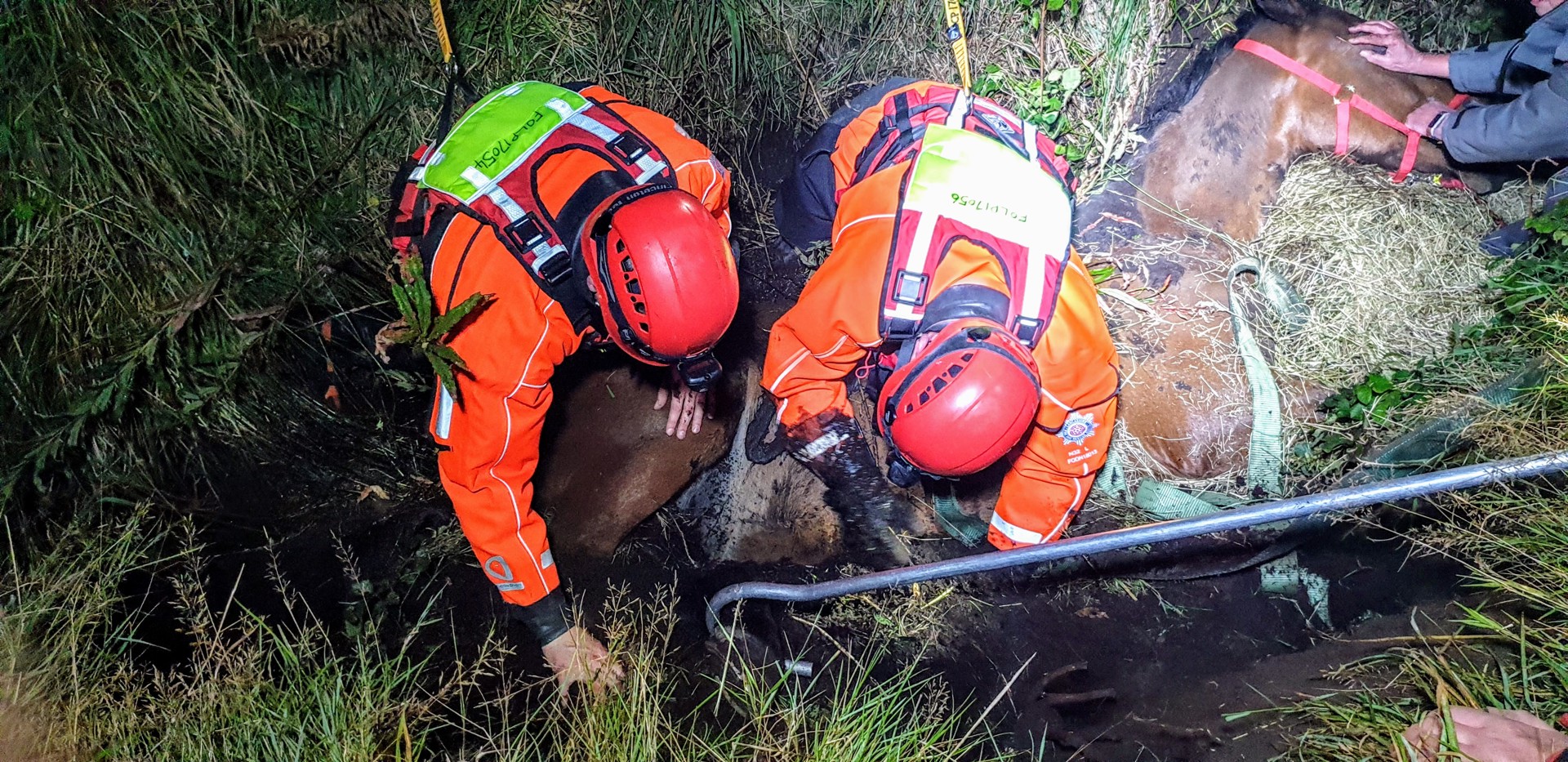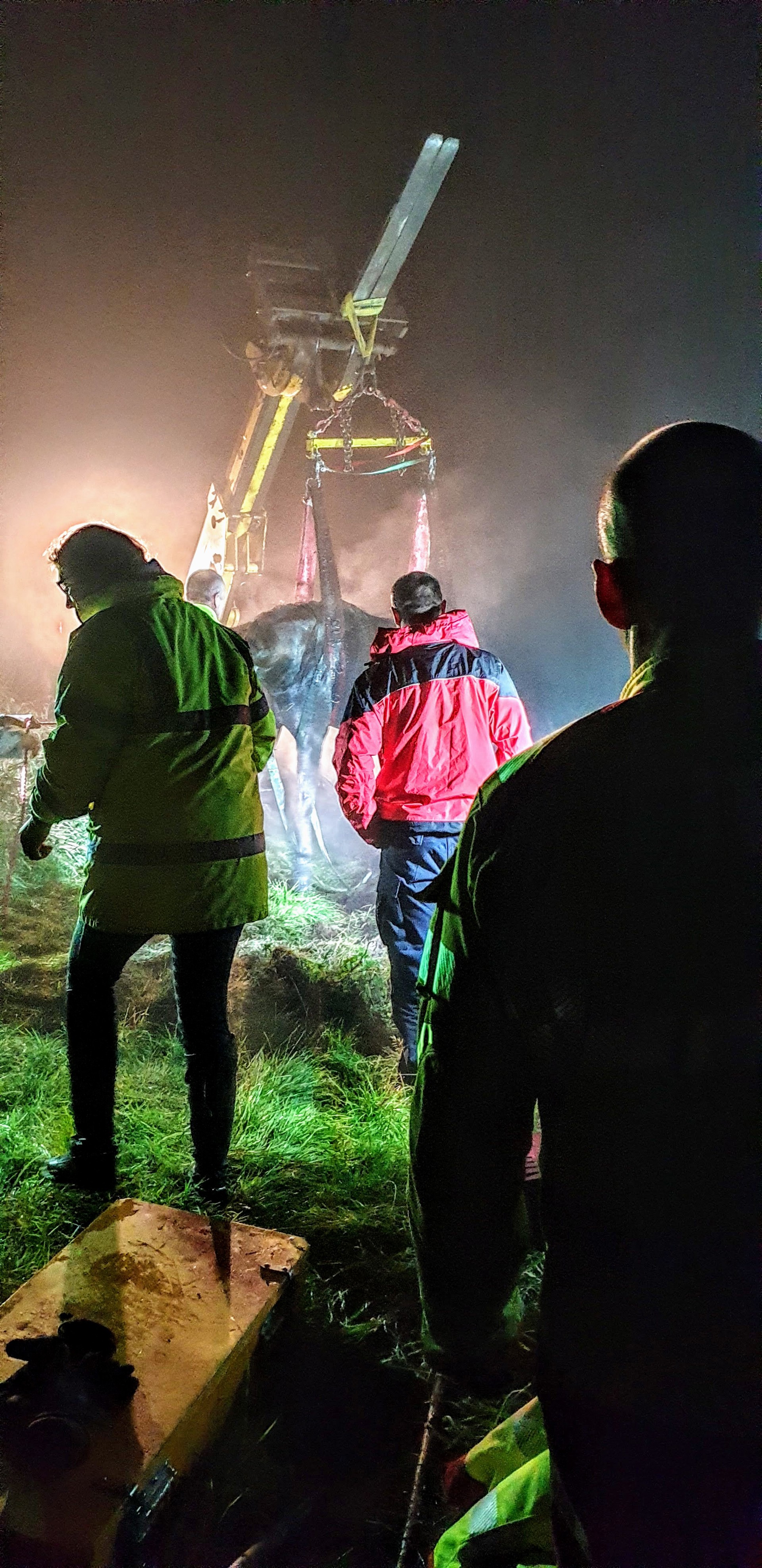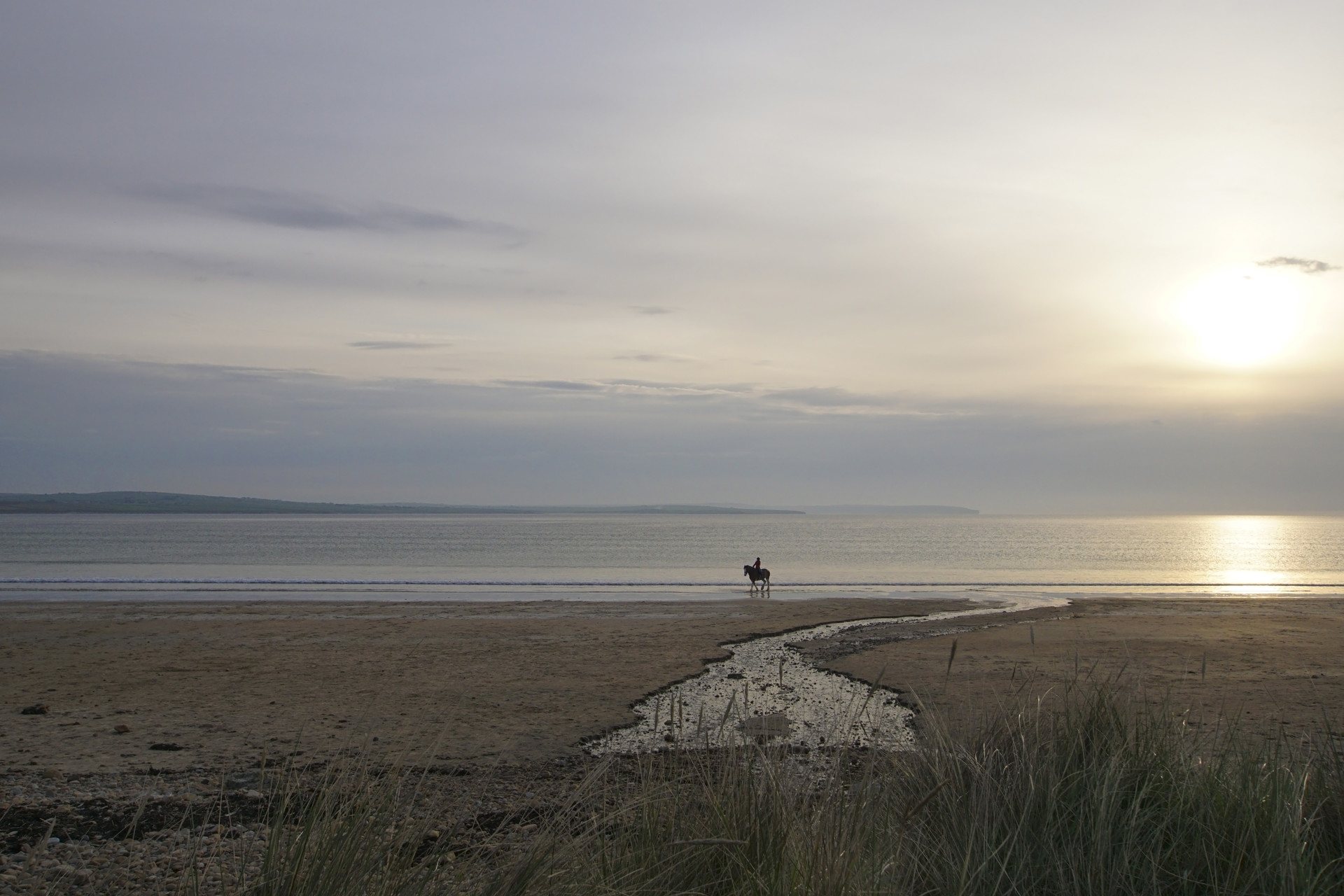
Emergencies
We are here whenever you need us
We provide our own out of hours emergency cover 24 hours a day, 365 days a year. Outside of office hours, your call will be taken by a dedicated answering service who will pass all relevant information on to the vet covering your area. The vet will then call you back as soon as possible on the phone number provided.
Be prepared
It is a good idea to have our number in your mobile phone in case you need it in a hurry - 0808 168 5580 (freephone) day or night.Be ready to give the location of your horse and make sure you are able to give clear directions if you are out and about.
If your horse lives away from home it is a good idea to know the postcode of your yard, or one that gets us close to your field. What 3 words can also be a useful tool for remote locations.
The vet on call will often want to ring you back for further information so please try to keep your phone free and to hand.
Out of hours visits incur a routine visit charge plus an additional out of hours charge. We always have at least two vets on call out of office hours. We split our geographical area in half and one on-call vet lives within each area to ensure as speedy response as possible.
When should I worry?
While some situations are obviously emergencies other potentially life or career threatening injuries can be much more subtle.
If you are in any way concerned about your horse out of office hours the best thing to do is to call us. One of the on-call vets will be able to discuss with you to determine whether an emergency response is required or not.
Accidents can occur away from home
If your horse is involved in a road traffic collision, keep calm and do the following:- Phone 999, request the fire brigade, and police if a RTC.
- Phone the vet.
- Protect human life first, e.g. don't try and get a horse out of a trailer on the motorway!
- Wait for the vet and the emergency services - note the fire brigade are very good at reassuring horses nowadays.
- Lead your horse to safety IF IT IS SAFE for you to do so. If unsure, keep all doors and windows closed until help arrives. Although a difficult decision to make, it is generally safer to keep them on the box rather than a busy road.


British Animal Rescue and Trauma Care Association
The key role of BARTA is to provide advice, direction, training and accreditation for those involved in the rescue and trauma care of animals in order to maintain professional standards.BARTA's primary objectives are to safeguard the public and emergency responders plus improve the welfare and viability of animals at emergency incidents.